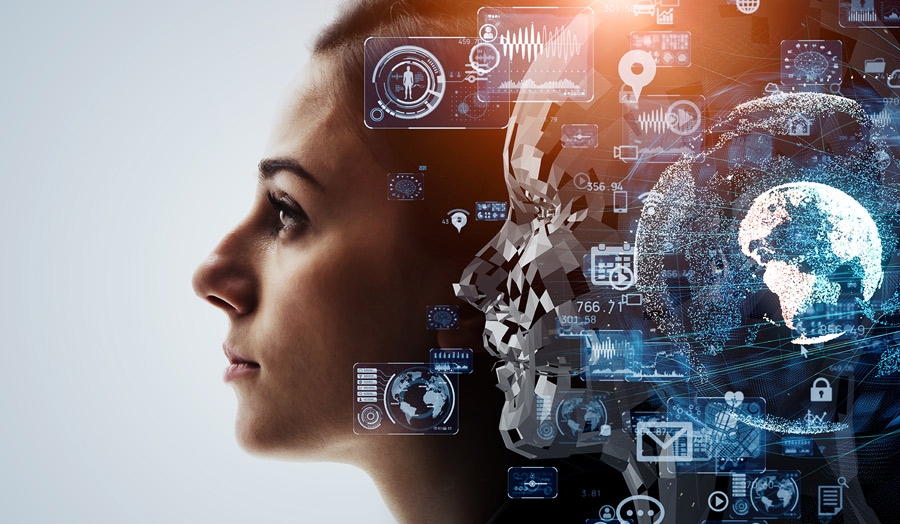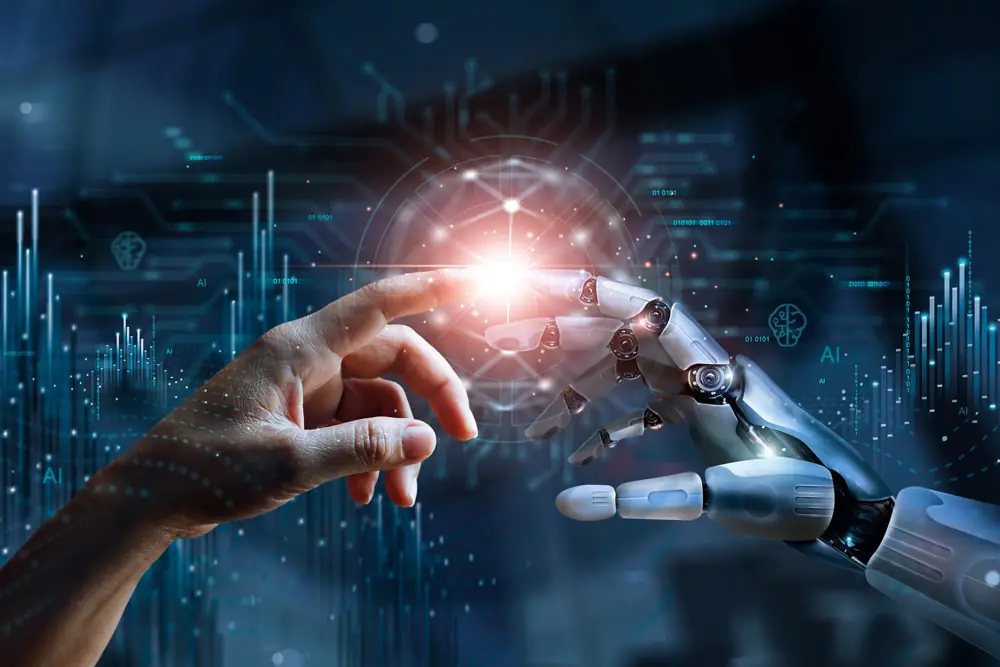Introduction
Artificial Intelligence (AI) is no longer something you read about in sci-fi novels — it’s part of your daily routine. Whether you realize it or not, AI is helping you shop, drive, learn, and stay healthy. In this article, we’ll explore how AI is transforming everyday life, from simple convenience to powerful new possibilities.
1. AI at Home: Smart Living Made Easy
AI is integrated into smart home devices that control lighting, temperature, and security — often with just a voice command.
Examples:
- Smart assistants like Alexa and Google Assistant answer questions, play music, and control your home.
- Smart thermostats like Nest learn your habits to save energy.
- Security systems with AI-powered facial recognition detect intruders or deliveries.
Result? Greater comfort, convenience, and security — without lifting a finger.
2. AI in Transportation: Smarter Ways to Move
Whether you’re commuting or ordering a ride, AI is changing how we move.
- Navigation apps like Google Maps and Waze use AI to analyze traffic patterns and give real-time detours.
- Ride-sharing apps use AI for dynamic pricing and efficient driver matching.
- Self-driving technology is being tested in taxis, delivery vehicles, and even public transport.
We’re not far from a world where autonomous vehicles are the norm.
3. AI in Health: Better Care, Faster
AI is improving diagnosis, monitoring, and patient care.
- Virtual assistants remind patients to take medication.
- AI algorithms detect diseases in medical scans faster than human doctors.
- Wearables like smartwatches monitor heart rate, sleep, and fitness — and give personalized feedback.
These innovations make healthcare more accessible and proactive.
4. AI in Education: Personalized Learning
AI is revolutionizing how we learn, especially online.
- Platforms like Duolingo and Khan Academy use AI to adapt lessons based on your progress.
- AI tutors provide 24/7 support and personalized practice.
- Predictive tools help teachers identify struggling students early.
Education is becoming more inclusive, flexible, and tailored.
5. AI in Business: Automation and Productivity
From customer service to marketing, AI helps businesses work smarter.
- Chatbots handle customer questions instantly.
- Predictive analytics help companies make better decisions.
- AI writing tools assist in content creation, emails, and reports.
Companies reduce costs and improve efficiency — while offering better experiences.
6. Ethical and Privacy Concerns
While AI offers many benefits, it also raises concerns:
- Job displacement in industries like manufacturing and customer service.
- Bias in AI algorithms can reinforce discrimination.
- Data privacy is a growing issue with AI collecting personal information.
Governments and companies must address these challenges with transparency and regulation.
7. The Future: What’s Next?
AI is evolving fast. Here’s what we can expect:
- AI in creativity: helping artists, writers, and musicians.
- AI companions: virtual assistants with emotional intelligence.
- Smarter cities: AI managing energy, traffic, and safety.
We’re just scratching the surface of what’s possible.
Conclusion: AI Is Here to Stay
Artificial Intelligence is no longer a futuristic concept — it’s a practical part of life. From simplifying daily tasks to transforming major industries, AI is changing the way we live, work, and connect.
Understanding its impact helps us adapt, thrive, and shape a future where technology works for everyone.



